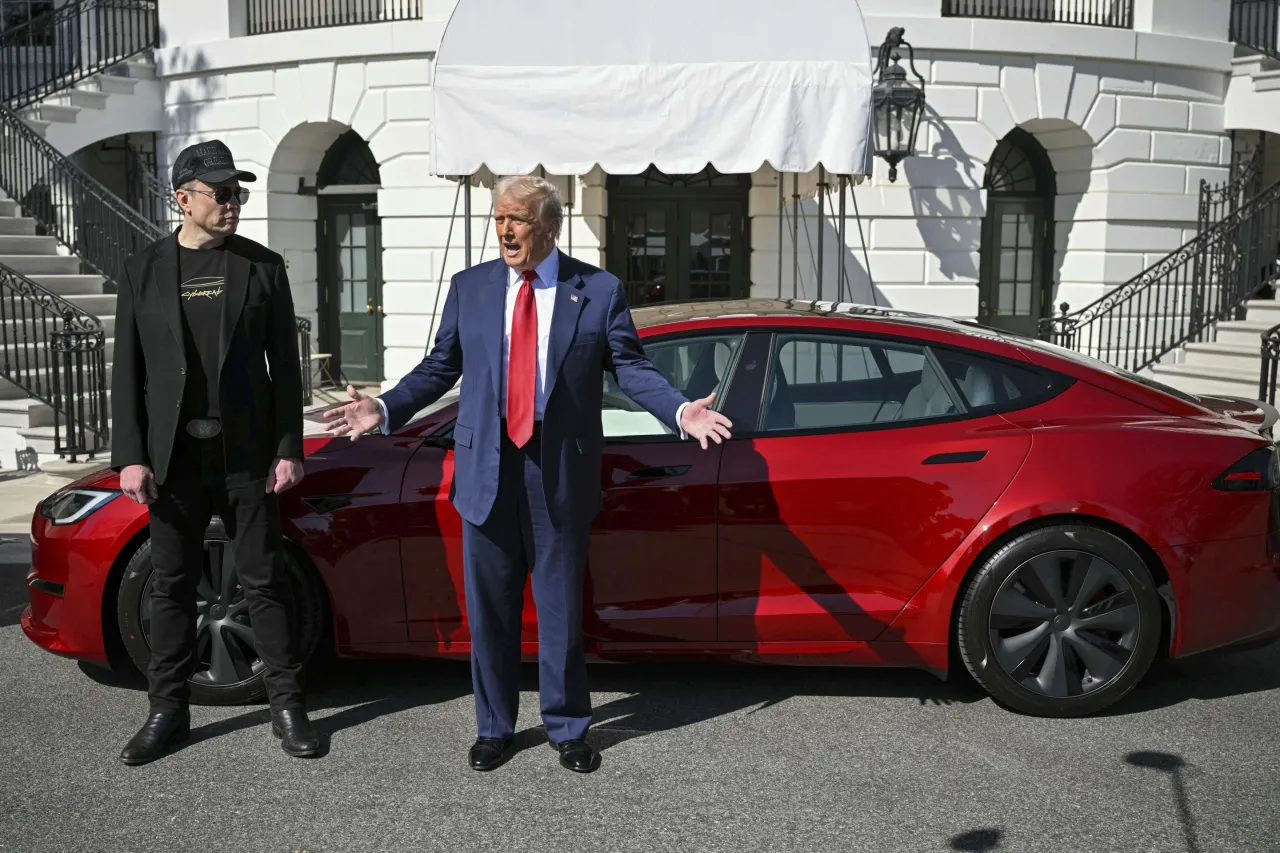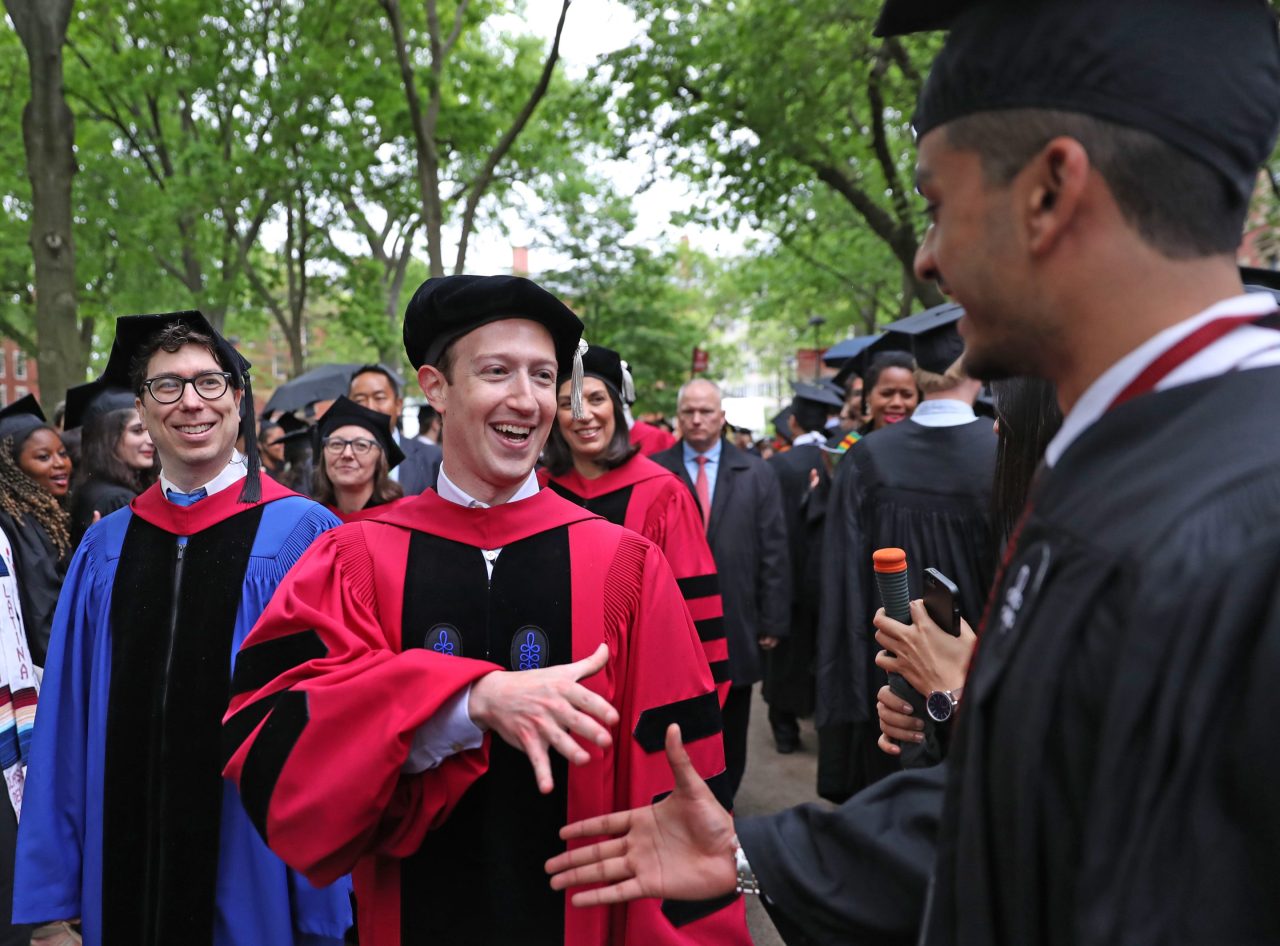Former U.S. President Donald Trump’s public statements linking Elon Musk to the Department of Government Efficiency (DOGE) are causing new political and legal troubles. Once praised as a key figure behind the department, Musk is now being distanced from its decision-making process by Trump’s administration. This shift comes amid ongoing legal challenges against DOGE’s actions, raising questions about Musk’s actual role in government operations.
Trump’s Claims vs. Administration’s Defense
During his tenure, Trump frequently credited Musk with spearheading DOGE’s initiatives, suggesting that the Tesla and SpaceX CEO played a crucial role in reshaping federal governance. “DOGE is headed by Elon Musk—one of the greatest minds of our time,” Trump once declared at a rally. However, as lawsuits pile up against DOGE’s policies, the administration is now trying to downplay Musk’s influence, portraying him as merely an adviser rather than a key decision-maker.
White House officials recently clarified that Musk’s role is limited to advisory input rather than executive authority. This distinction is crucial, as it could shield the administration from potential legal consequences tied to DOGE’s controversial policies, which include the dismantling of certain federal agencies and restructuring government spending.
Legal Challenges Mount Against DOGE
DOGE has faced increasing legal scrutiny over its aggressive streamlining of federal agencies. A federal judge recently ruled that its attempt to dissolve the U.S. Agency for International Development (USAID) likely violates constitutional provisions, temporarily blocking further actions. Additionally, another ruling restricted DOGE’s access to Social Security Administration data, citing concerns over privacy violations.
These legal setbacks raise concerns about whether the administration overstepped its authority in implementing DOGE’s policies. Critics argue that Trump’s early remarks about Musk’s leadership could further complicate the administration’s legal defense, as they suggest that an unelected billionaire was influencing key government decisions.
Political and Public Reactions
The controversy surrounding Musk’s role has sparked debate in both political and public spheres. Supporters argue that Musk’s expertise in technology and efficiency makes him a valuable asset to government reform efforts. However, opponents warn that granting such influence to a private businessman without formal oversight sets a dangerous precedent.
Democratic lawmakers have called for an investigation into Musk’s involvement with DOGE, questioning whether Trump’s administration provided him with undue influence over policy decisions. Some legal experts believe that if Musk was indeed making executive-level decisions, his role may have required Senate confirmation—something the administration is keen to deny.
What’s Next?
As lawsuits against DOGE continue, Trump’s past statements may play a key role in shaping legal arguments. If courts determine that Musk held de facto control over government operations, it could lead to further restrictions on DOGE’s authority. Meanwhile, the administration’s shifting narrative suggests an effort to contain potential fallout, ensuring that Musk remains an adviser rather than a direct decision-maker.
Whether this strategy succeeds will depend on how courts interpret Trump’s own words—a factor that has repeatedly caused complications for his political and legal battles.




